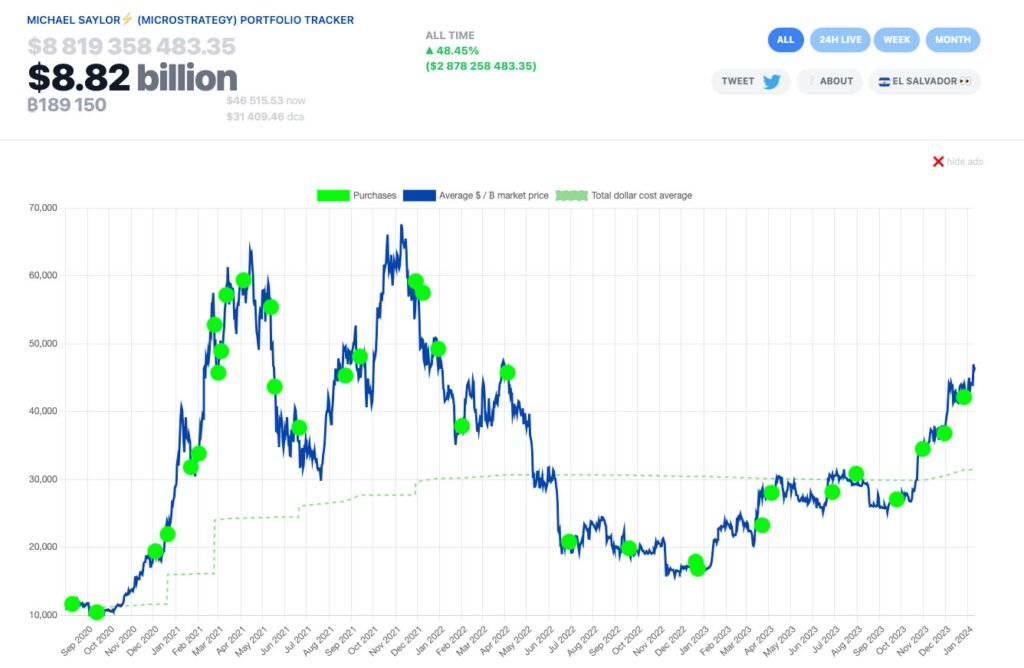A fundamental concept in technical analysis (TA, or astrology for men), is bear traps and in this article we’ll paint a picture why bear traps don’t apply to Bitcoin. You see most bearish investors actually place shorts when they think a security will go down and if it is a bear trap they get rekt.

For those unfamiliar, this is how the Nasdaq describes it:
“A bear trap is a colloquial name for a particular trading pattern in the stock market. Essentially, it’s a relatively sudden movement in a stock or in the broad market that lures in investors who attempt to bet on future losses. However, in a true bear trap, the market soon reverses again back the other way, “trapping” these negative-minded investors.”
Peter Schiff has been calling for Bitcoin’s demise since it was $200 dollars a coin. Yet, if he had been betting on this, the man would likely be homeless. The amount of people who hate Bitcoin yet don’t fall victim to bear traps is because these people have no conviction in placing their bets correctly. If they did, they would be wagering money instead of screaming into the void about why magic internet money will never work.
Once you truly understand Bitcoin, selling it for fiat currency is comical. In the same way US dollar holders don’t take profit in Venezuelan Bolivars, hardened Bitcoiners don’t want to take profit in Uncle Sam’s cuck bucks.
Michael Saylor said it best: “It is going up forever, Laura,”.
This statement transcends its origin as a mere internet meme to embody the rallying cry of die-hard Bitcoin advocates. Their unwavering faith in Bitcoin’s future is deeply rooted in its distinct characteristics: the decentralized framework, the limited supply capped at 21 million coins, and its emerging dual role as a digital counterpart to gold and a legitimate currency. Many come to Bitcoin looking for an investment, but those who can put their egos aside realize that saving in bitcoin is just better.
Bitcoin is a stark contrast to the perilous and often short-sighted world of day trading. However, for the degens a spot Bitcoin ETF has been approved and this means we should:

The allure of using TA to forecast Bitcoin’s price trajectory is comparable to the enchanting call of a siren, often leading traders down a path of erroneous assumptions. TA, in its essence, is like a complex form of prophecy, where one attempts to predict future market behaviors based on historical price fluctuations and trading volumes. While some traders swear by TA’s effectiveness, the vast majority using it would not be willing to share their portfolio returns.
For the average person, attempting to time the Bitcoin market is akin to walking through a minefield. This is due to several factors:
- Bitcoin’s legendary volatility, which renders its price movements unpredictable and often extreme.
- Its valuation is swayed by a diverse array of influences, from global economic shifts to social media posts.
- Emotional trading often results in panic selling or hasty buying, driven by the fear of missing out (FOMO).
- The constant vigilance of market trends and price charts can be an exhausting and time-consuming endeavor.
- Further complexities arise from considerations like transaction fees and tax implications.
While bear traps are a recognized phenomenon in traditional markets, applying this concept to Bitcoin is useless. Obviously bear traps exist in the Bitcoin world, but a notable observation is that many of Bitcoin’s most vocal bears rarely (if ever) engage in shorting it. Their online prognostications about Bitcoin’s downfall often lack the conviction to be backed by actual financial stakes.
The majority of these detractors are more likely to be found shouting their skepticism from the sidelines rather than actively participating in the market they critique. This disparity between words and actions reveals a fundamental truth about the nature of Bitcoin criticism: it’s often more noise than substance.
The irony is, for those attempting to predict the next bear trap in Bitcoin, success might be more likely achieved by flipping a coin than by following the bearish tweets. Next time you come across a pessimistic post about Bitcoin, remember that the person behind it probably lacks both the conviction and the means to short BTC effectively. This is not financial advice, but one should note that simply buying bitcoin and planning on never selling it has worked out incredibly well for Microstrategy so far.











